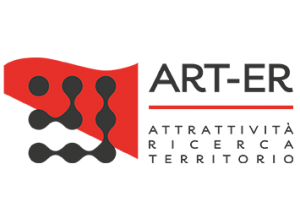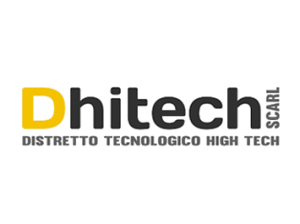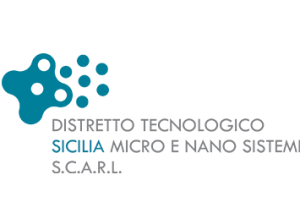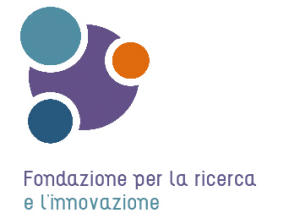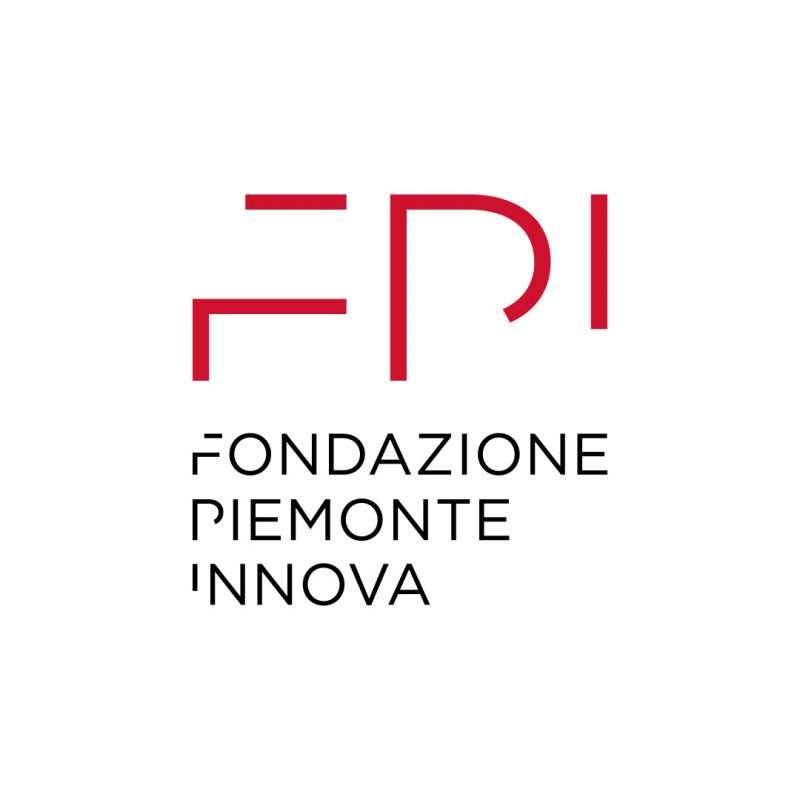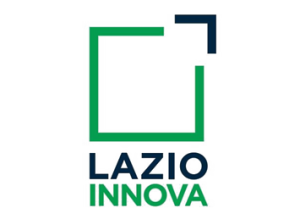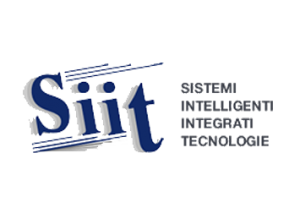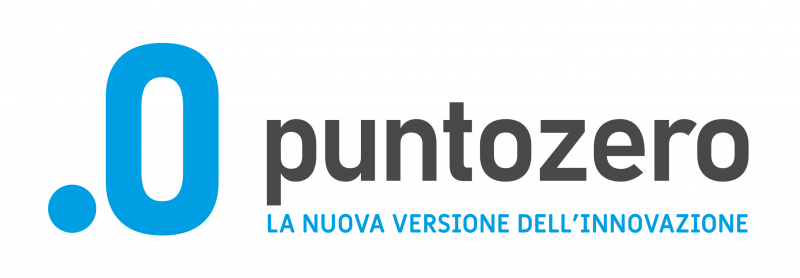Basic description
2016 and beyond: Development of methodologies, infrastructures, platforms and devices enabling the integration of the smart buildings in smart communities, providing smart services to citizen for energy efficiency
Focus area
Primary
Sustainable Districts and Built Environment
Additional
Integrated Infrastructures and Processess across Energy, ICT, and Transport, Citizen Focus, Business Models, Procurement and Funding
Expected contribution
The Zero Energy Buildings in Smart Urban Districts (EEB) project aims to identify technologies and methodologies to obtain significant improvements of the metrics related to energy consumption of public and private buildings (in particular historical buildings) inside a district. The project pursues the increased energy efficiency of buildings, and more in general of urban districts, through the pervasive use of technologies for the real-time monitoring and controlling (smart devices) of environmental parameters and production/consumption of energy. The project will address specifically the monitoring/control of historical buildings, where an extensive retrofitting is more difficult and non-invasive pervasive technologies become mandatory. Collected information will be delivered to distributed and remote platforms through a suitable communication and data management infrastructure. Suitable web services will then be used to offer these data to applications used by both final users and providers. The infrastructure is supposed to allow for the interoperability among devices over heterogeneous networks to facilitate the interaction between the Smart Buildings inside a Smart-District. The availability of these web services will enable the development of an application layer that implements: 1) a decision system for the control policies that govern the joint optimized management of energy consumption and production 2) an augmented reality-based visualization to ease the management of the system and foster the energy awareness of the users 3) a recommender system for the analysis and identification of energy saving opportunities.
To ensure the replicability of interventions in other urban areas, a significant selection of buildings belonging to the “beating heart” of the Italian city of Turin (Piedmont) is the case study for this project. The idea is to show that the energy efficiency strategy of a smart city of the future should start on its historic city center and expand progressively to the entire city.
The EEB project will enable the development of methodologies, infrastructures, platforms and devices that enable the integration of the smart buildings in smart communities. From this perspective, the project is well align to EIP’s Strategic Implementation Plan areas regarding the context of Sustainable Districts, Built Environment, energy efficiency and citizens’ involvement; also having subjects in common with the OIP’s potential actions concerning Monitoring Tools for Energy, Toolkits for Districts, New zero energy developments, Shared infrastructure planning, Tools for Community Insight and Engagement, Stakeholder platform and the development of Integrated Business Models.
Contribution to the EIP
Engagement
The SmartCommunitiesTech and the EEB project goals are focused in the development of scalable and replicable ICT solutions for energy and environment that reduce energy use, environmental impact and carbon footprint, generate a significant improvement in citizens’ quality of life, and help accelerate the market uptake of smart city scaling up solutions. EEB’s methodologies and infrastructures act as enables of energy efficiency actions in existing public and private buildings (in particular historical buildings), by using open standards and protocols, making data accessible, and adapting existing solutions to the needs.
The pilots’ data, experiences, best practices and policy recommendations will be shared during the dissemination activities planned by the EEB consortium and also taking advantage of the opportunities generated by the SmartCommunitiesTech cluster at an international level.
Inclusiveness and Partnership
The SmartCommunitiesTech cluster is coordinated by Torino Wireless, ASTER & LEPIDA, Green & HighTech District Foundation of Monza Brianza, DHITECH – High Tech Technological District, SIIT – Integrated Intelligent Systems’ Technological District, Trento RISE, VEGA – VEnice GAteway for Science and Technology, DiTBeCS – Tuscan District for Cultural Heritage and Sustainable Cities, and Filas. It collects an interdisciplinary group of Italian companies (large companies, SMEs), universities, research centers and policy decision makers, that gather expertise in a wide variety of industries including the ones addressed by the EIP: Mobility, Energy (the EEB consortium) & ICT (applied to vertical markets: health, tourism, wellbeing, government, training & education). The cluster has the support & endorsement of different Italian cities that have expressed their interest and given their availability to host pilots, participate in the demonstrations activities, and assess results’ transferability.
Is the commitment potentially open to additional partners and if so, in which priority area (please tick the relevant options)?
Delivery
The EEB project has a deployment period of 36 months, which will oversee the development of a case study in the Italian city of Turin (Piedmont) to ensure the replicability of energy saving and smart building interventions in other urban areas. The pilot will test and evaluate the developed systems and methodologies within the EEB project.
The City of Turin endorsed the project given its interest in the initiatives regarding energy zero buildings and the project’s alignment with their Smart City Plan’s strategies.
Furthermore, the project is co-funded by the Italian Ministry of Research and Education (MIUR) and the companies and research centres involved, assuring the economic sustainability of the project.
Results expected in
- 2016 and beyond Development of methodologies, infrastructures, platforms and devices enabling the integration of the smart buildings in smart communities, providing smart services to citizen for energy efficiency.

